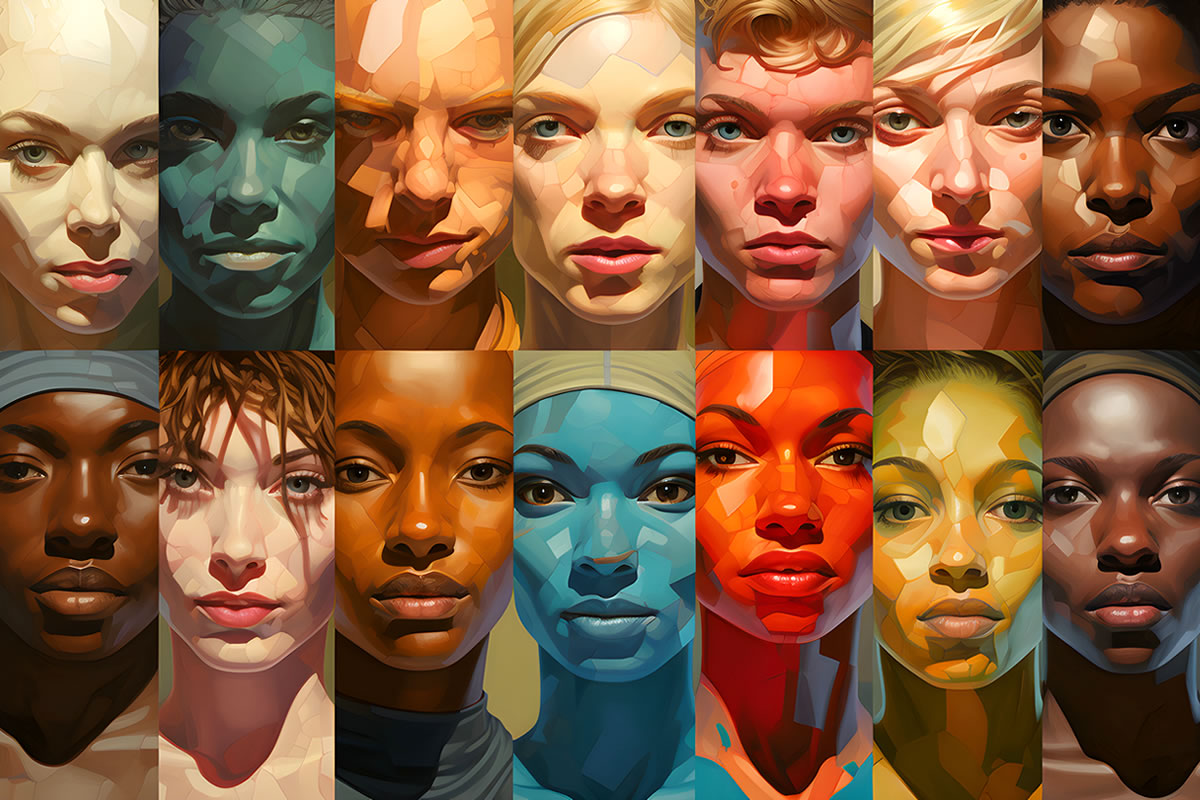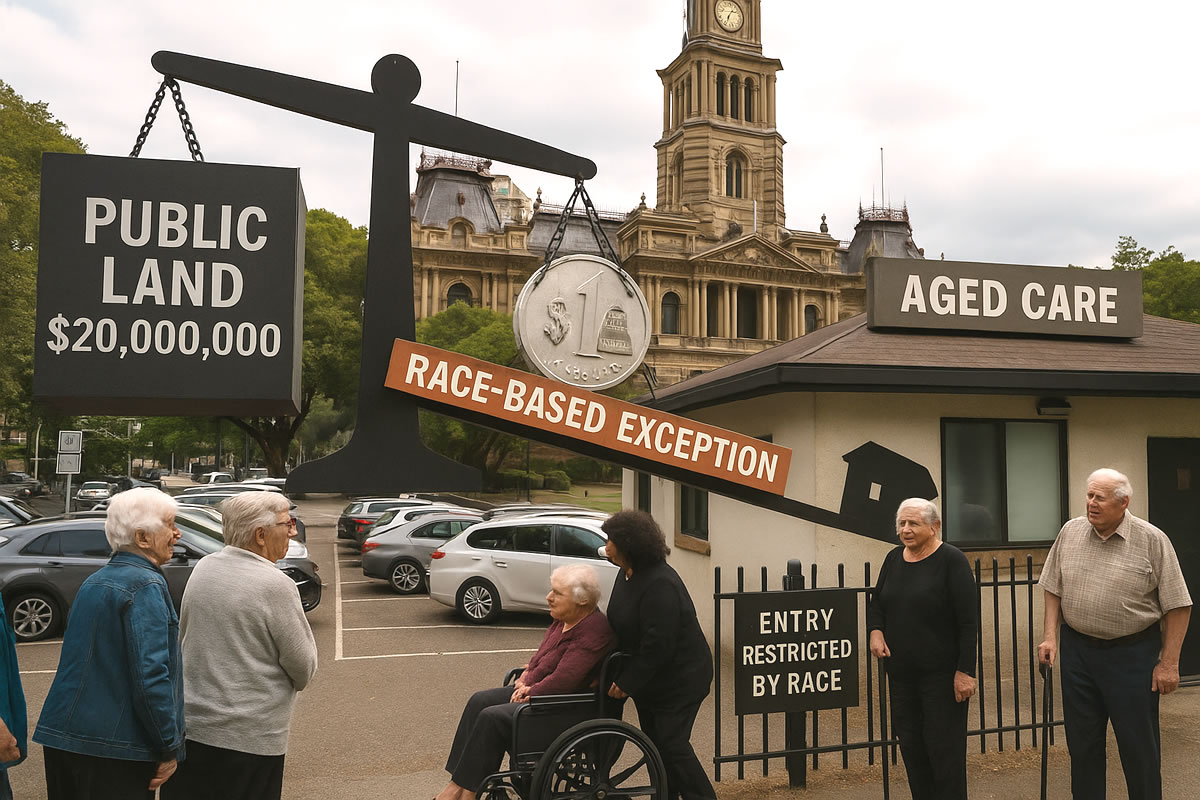Australia’s national conversation about reconciliation has become a battleground of definitions—one that risks tearing at the very social fabric it purports to mend. What began as a noble intention to recognise Indigenous Australians and foster unity has, over time, evolved into a divisive movement shaped by race-based policies and ideological orthodoxy. This new model of “reconciliation,” driven by identity politics, does not seek to heal but to separate. It draws its moral authority from grievance, not shared purpose. And unless we challenge it, we will find ourselves further fragmented—more suspicious of one another, less confident in our collective future.
It is now common to see public institutions, corporations, and media outlets endorse reconciliation frameworks that prioritise group identity over individual agency. Reconciliation Action Plans (RAPs) are no longer just symbolic acknowledgements; they’re corporate mandates. Diversity policies are drafted not with the goal of inclusion, but with racial quotas in mind. Universities are instructed to “decolonise” their curriculum, often at the expense of academic standards. We are told that we must “centre Indigenous voices,” a euphemism that increasingly means privileging ancestry over merit. Those who raise objections, or even ask questions, are branded reactionaries—out of touch or worse.
But what if the very premise of race-based reconciliation is flawed? What if it is not a moral obligation, but a political movement rooted in the past, incapable of offering a vision for the future? These questions must be asked. Not because we deny history, but because we seek a better way forward.
Australia is not a country built on tribal lines. We are a federation of states, yes—but more importantly, we are a union of people. Indigenous and non-Indigenous. Migrants and multigenerational Australians. Our social contract is built not on blood or land claims, but on shared values: democracy, the rule of law, personal responsibility, and the belief that everyone deserves a fair go. The current trajectory of reconciliation undermines that vision. It replaces civic unity with racial separatism.
The recent Voice to Parliament referendum was a moment of national reckoning. Its defeat was not a rejection of Indigenous people—it was a rejection of constitutional division. Australians made it clear that they want solutions, not symbolism. They want equality, not exception. And yet the architects of race-based reconciliation continue undeterred, pushing for further entrenchment of racial identity into legislation, education, and national discourse.
We must be clear-eyed about the consequences. When people are treated differently by the state based on ancestry, resentment grows. When one group is repeatedly told they are systemically oppressed, and another is labelled inherently privileged, trust breaks down. When national history is recast as a narrative of unrelenting shame, young Australians of all backgrounds lose their sense of belonging. No nation can survive such a fracture.
There is a better way. True reconciliation is not achieved by categorising people by race, but by recognising individuals as equal citizens. It means acknowledging the past, yes—but also moving beyond it, together. It means creating opportunities for all Australians, not by lowering standards or issuing special treatment, but by investing in communities, building schools, and expanding pathways to employment and civic participation.
It means telling the full story of our country—not just its failings, but its triumphs. Not just its injustices, but its capacity to reform. Indigenous Australians should be honoured not as victims of history, but as full participants in the national story—leaders, innovators, protectors of land and law. The best way to honour that legacy is not through perpetual grievance, but through excellence, recognition based on achievement, and a culture that sees race as irrelevant to worth.
Meritocracy is the antidote to race-based reconciliation. It does not promise equal outcomes, but it guarantees equal opportunity. It does not divide, but unites—because it demands that we judge one another not by skin colour, but by character. When institutions shift from merit to identity as their organising principle, society becomes more fragile. Trust wanes. Fairness erodes.
Those who advocate for a values-based approach to reconciliation are not denying the past. They are simply refusing to be ruled by it. They are insisting that every child—regardless of background—should be taught that their future depends not on who they are, but on what they do. That is the ethos that built Australia. That is the ethos that must define our future.
We can no longer allow this issue to be monopolised by a narrow class of activists, corporate consultants, and ideologically captured academics. We must reclaim the narrative. We must say, without apology, that Australia belongs to all of us. That we are one nation, not many. That while our cultures may differ, our citizenship is equal. And that true reconciliation can only occur in a country where identity is celebrated, but never weaponised.
It is time to end race-based reconciliation and replace it with something far more radical: genuine equality. Not a policy of preferences, but a promise of dignity. Not a culture of grievance, but a culture of contribution. Only then will we achieve the unity that reconciliation was supposed to bring.






